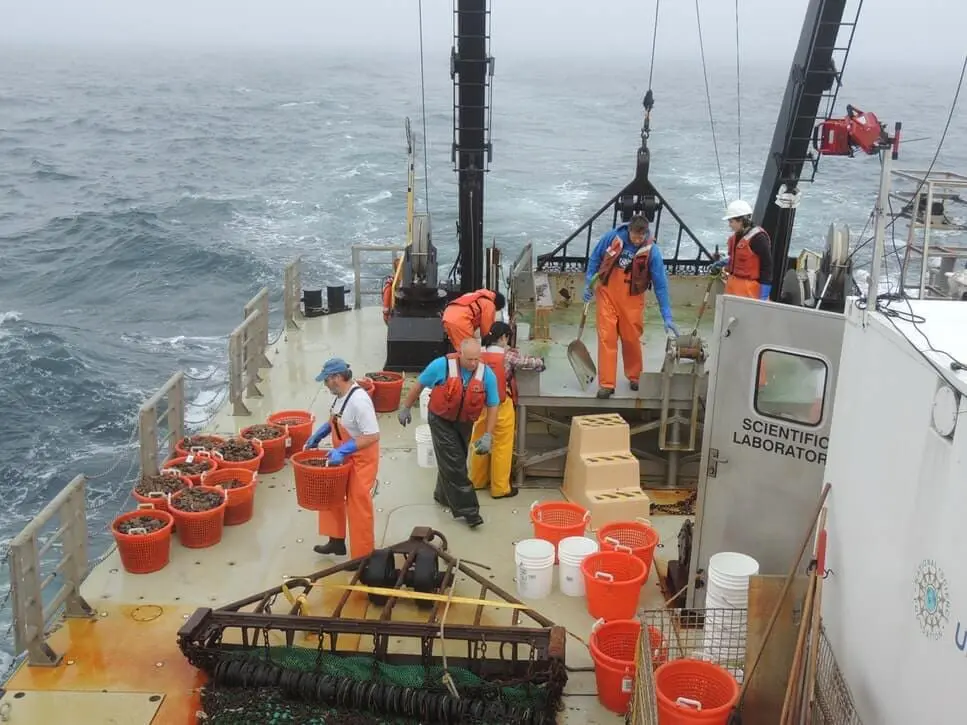-
On-board cameras (CCTV) to be compulsory for vessels that are likely to not comply
-
Recreational fishermen who do not respect EU conservation measures or fisheries rules should be penalised
-
New measures to address loss of fishing gear
-
Fish should be traced throughout the whole food chain, including processed and imported products
Parliament adopted today its negotiating position on the new Fisheries Control system, which will reform the rules that have governed EU fishing activities since 2010.
By 401 votes in favour, 247 against and 47 abstentions, MEPs agreed to use new technologies to better enforce fishing rules and improve security and transparency. They also insist that consumers must know when, where and how the products they buy are caught.
The use of on-board cameras (CCTV) to carry out checks on landing obligations should be compulsory for a “minimum percentage” of vessels longer than 12 meters and which have been identified as “posing a serious risk of non-compliance”. The equipment will also be imposed as an accompanying sanction for all vessels that commit two or more serious infringements. Vessels that are willing to adopt CCTV on a voluntary basis should be offered incentives such as additional allocation of quotas or having their infringement points removed.
MEPs back the proposal to harmonise sanctions and demand that a “European Union Register” of infringements be set up to centralise information from all member states. They also call for an “appropriate system of sanctions” for infringements committed by recreational fishermen.
Reduce waste, increase security and transparency
In line with the EU’s Farm-to-Fork Strategy, Parliament demands that the origin of fishery and aquaculture products must be traceable throughout the whole food chain, including processed and imported products. Data on the species of fish, the location, date and time it was caught, and the type of gear used should be made available.
In an effort to reduce marine litter, MEPs agree that all vessels should be obliged to notify national authorities when they lose fishing gear and to carry on board the necessary equipment to retrieve it.
All vessels should also be equipped with a geolocation device allowing them to be automatically located and identified, a measure deemed necessary to improve security at sea, according to the adopted text.
Parliament also proposes to increase the margin of error accepted on the weight of some species estimated by fishermen on board (margin of tolerance).
Quote
Clara AGUILERA (S&D, ES), rapporteur, stated: “We took important steps towards having common rules. Inspections on fisheries in Spain must not differ from those in Denmark, Poland or Italy. They must be harmonised and more efficient, without resulting in more red tape for the sector.”
Next Steps
With today’s vote, Parliament is now ready to start negotiations with Council. According to the current proposal, operators would have four years following the entry into force of the rules to equip vessels with the new technologies required.
Background
On 5 February, the Committee on Fisheries adopted its position regarding the EU’s Fisheries Control system. The proposal updates five existing regulations and harmonise control and inspection systems, as well as sanctions, across EU countries.







